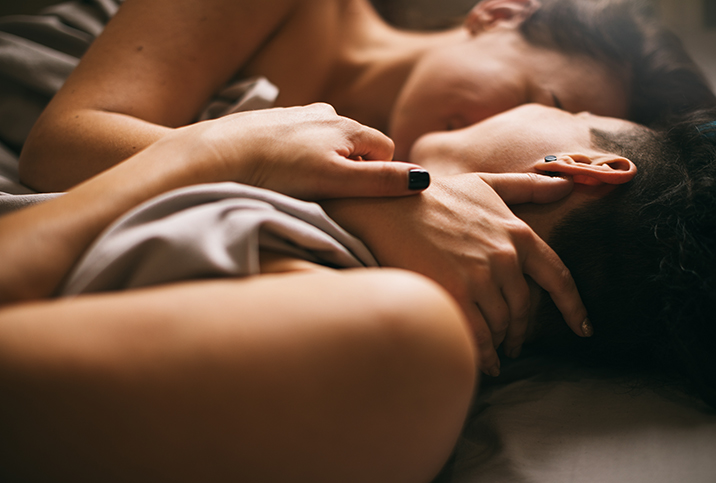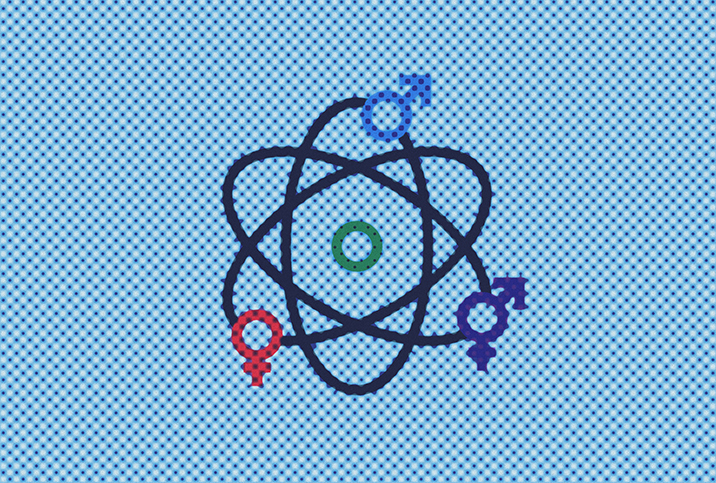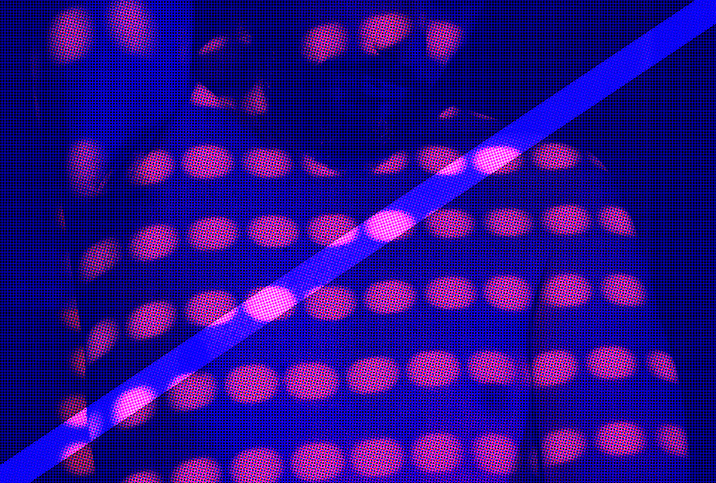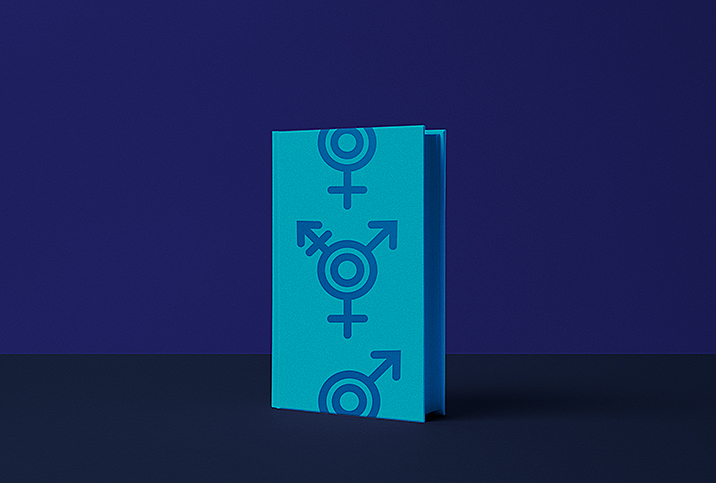I'm Bisexual After All—and That's OK

When I fell in love with Liz about a year ago, I felt like I understood that idiom for the first time. That was love exactly: an abrupt, inadvertent, painful-if-thrilling tumble, and one that left me in a different place than the one I'd been in before.
Suddenly, it all made sense. Of course, I was a lesbian. All those boys I'd dated during my 20s? Chalk it up to comphet (that's shorthand for compulsory heterosexuality, the cultural pressure that causes many queer women to deny their true desires and default to straightness). I'd reluctantly acknowledged my bisexuality as a teenager after having developed an undeniable—and at the time, I thought, shameful—crush on a femme classmate, and then exclusively pursued men in an effort to will away this unfortunate aberration.
Clearly, I'd been mistaken. Mark me a 6 on the Kinsey scale. I was home.
But then came the breakup—several months of distance, one or two more women along the way. I don't know when I started to notice him, but I did: the barista with the soft golden curls, his eyes kind and blue over his mask. His black jeans slung low on his hips. Back to the drawing board, I guess.
The coming out scene, take 2
I was frustrated and confused. I'd worked hard to inhabit my newfound sexuality, which I felt I'd denied for so long. One friend gently chided me by saying he'd enjoyed watching me "transform into the lesbian final boss" in my Instagram stories, which cataloged my buying a Subaru and building, by myself, a shelf with full-spectrum lights for my dozens of houseplants.
To be frank, I'd also been really excited by the prospect of never having to deal with cismen's shit ever again. I'd already come out. Did this mean I had to come out again—as bisexual? And if so, how would that information be received?
My fear was based in what's called assumptive monosexuality, explained Sonalee Rashatwar, a licensed clinical social worker who's also known as the Fat Sex Therapist. Culturally, being attracted to just one gender is seen as "normal, easy to understand," Rashatwar said, though, of course, even that much understanding came only after decades of fighting for gay rights.
Bisexuality, on the other hand, is intrinsically deviant: It's seen as selfish and indecisive, hypersexual and greedy. (Nevermind the fact that more than 50 percent of cisgender queer folks identify as bi, according to UCLA's Williams Institute, making them the largest part of the LGBT pie chart.)
Bisexuality also throws the concept of choice into the equation—a fraught complication in a heteronormative world where queer rights depend precisely on the tenet that sexuality is not a choice. Casey Tanner, a licensed counselor who runs the Queer Sex Therapy practice, put the cultural imperative succinctly: "As a society we say, if you can look and act straight, then you should."
The ever-present biphobia
Biphobia exists in the queer community, too, particularly when it comes to people who are straight-passing if they're not with a same-sex or genderqueer partner (like me). Those who can't pass, due to their physical appearance or their exclusively same-sex partners, might assume those who can don't experience the same toll in cultural marginalization. But both physical and mental health outcomes among bisexuals suggest otherwise, Tanner said. Bisexual women in particular face higher rates of breast cancer and heart disease, according to research gathered by the Human Rights Campaign, and may be less likely to seek the preventive care that might keep these illnesses from developing.
Plus, the same eye-rolly, pick-a-team energy exists in straight and queer circles alike. Case in point: The pride of being a "gold star lesbian"—meaning one who's never slept with a man—still persists, although it (thankfully) seems to be fading out.
In other words, it's no surprise anyone would hesitate to identify as bisexual.
Rashatwar, for instance, said it took them a long time to admit that they were "deeply bisexual"—precisely because of internalized biphobia. But once they did, they found they were so much the richer for it. "Bisexuality is this beautiful, confusing, expansive gray area that's so… complex," they said. "The in-betweens are the best places to exist in."
It's alright to be fluid
And figuring out a fluid sexuality is only the start. Both Tanner and Rashatwar also identify as nonbinary, a dynamic that adds yet another layer of delicious complexity to their sexual relationships. Rashatwar says they feel their gender subtly shifting and morphing depending on who they want, who they're with. When I responded that I hadn't thought about the gender piece too hard but that I identified as a plain ol' ciswoman, they chuckled good-naturedly. "For now!"
Which is to say: It's OK. Gender and sexuality are allowed to be fluid, and that fluidity is allowed to be the seat of someone's identity, if that rings true for them. And if that means I have to come out again (and again, and again), so be it.
"It's such a bi experience," Rashatwar said. "I feel like the coming out never stops."

















